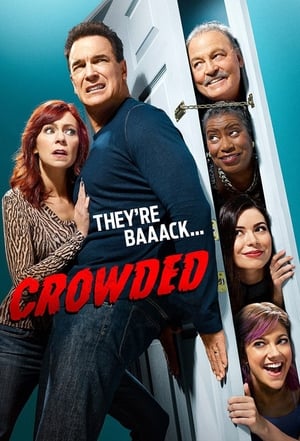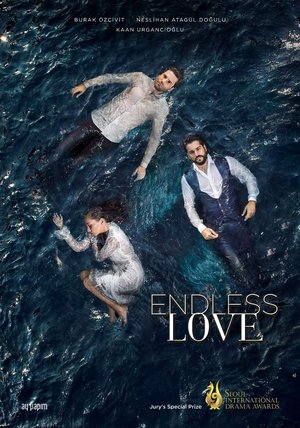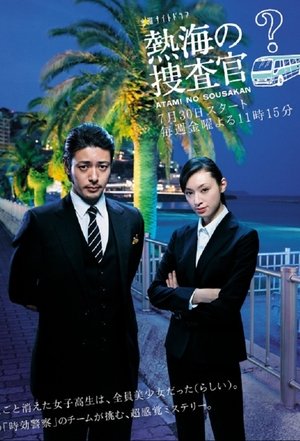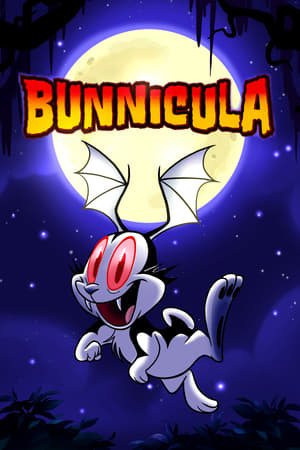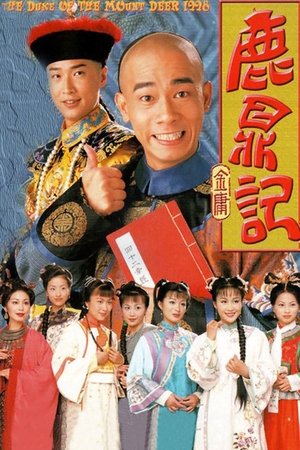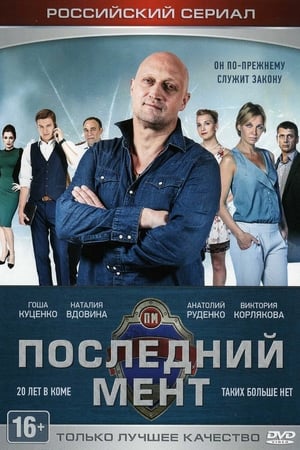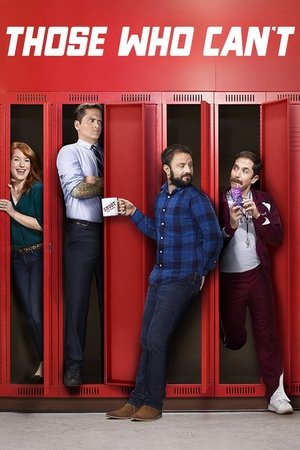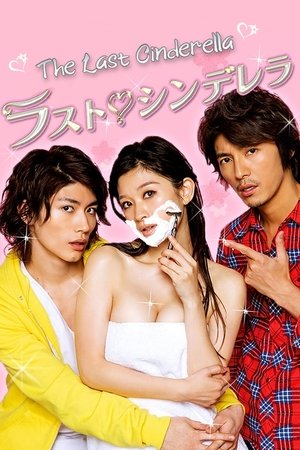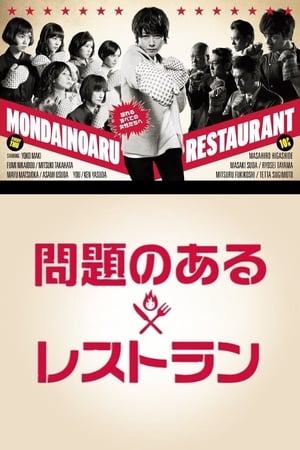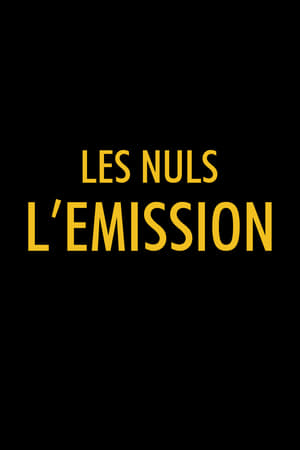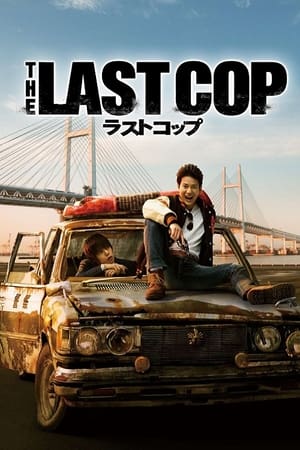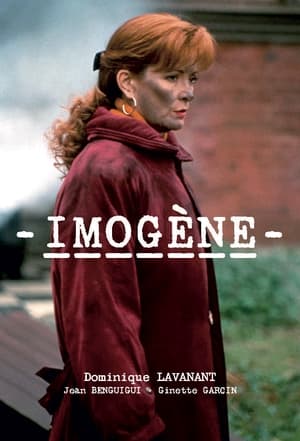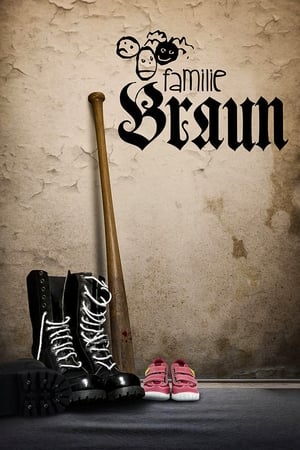Overview
Nippers is a four-part Australian web-series made by former cell-mates Sam Campbell and Eric Hutton for Comedy Central Australia in 2017. The show ran for approximately ten minutes per episode and was made on a fairly high budget of 85 million dollars an episode. The series features Joaquin Phoenix though he does not voice any characters or appear on screen. Nippers was so successful that after it aired Comedy Central Australia stopped producing local content. It was also planned for television release in New Zealand but was pulled before airing after a promo featuring a junior surf life saver shooting up the popular cocoa drink 'Milo' attracted the ire of the Nestle corporation. Discerning viewers of the show will notice vague themes of surf life saving and even the ocean. Each episode contains coded messages predicting the next four Australian Prime Ministers.

 English
English
 7
7
 2018
2018
 Australia
Australia

